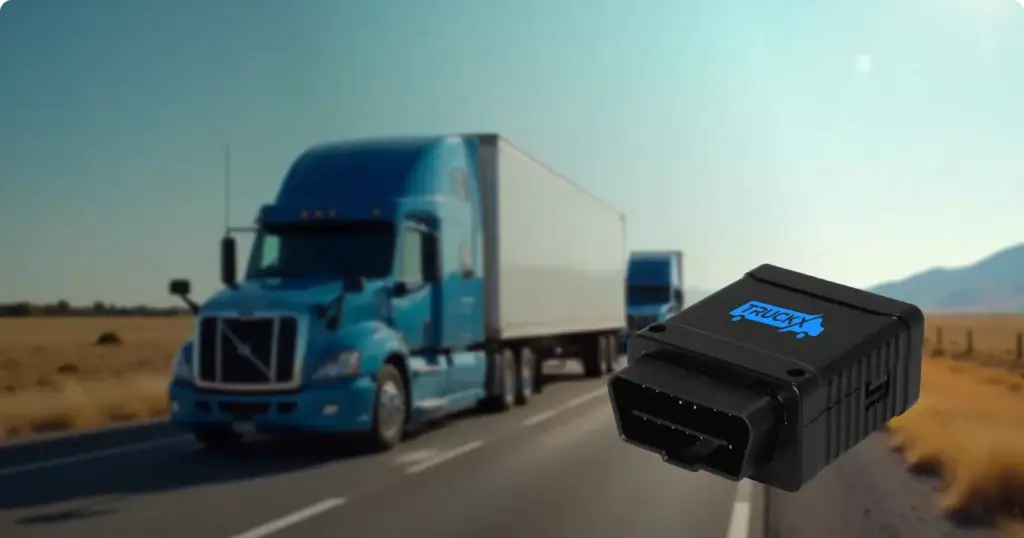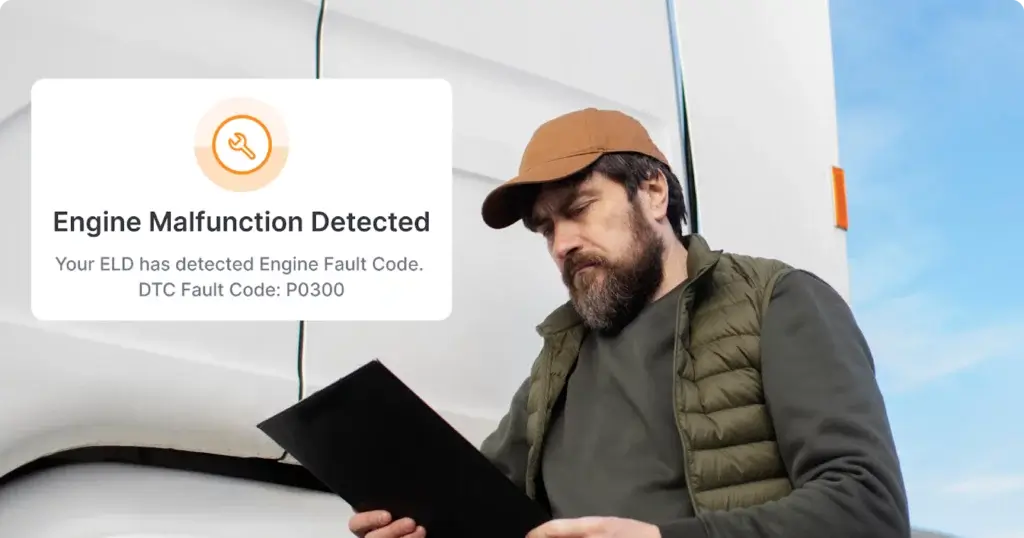ELD Compliance!
What’s the first thing that comes to your mind?
Fines, electronic logging devices, FMCSA, December 16, 2019, and more, right? Thoughts are probably racing through your mind. You’re likely trying to align them for a concrete idea about ELD compliance and its benefits.
Yes! ELD Compliance does have benefits, no matter what you went through by pushing yourself out of your comfort zone while adapting to new technology.
Let’s help you clear your mind and know the 15 most important things about ELD compliance.
First, a little history lesson.

History of ELD Mandate
The ELD Mandate was finally published by the Federal Motor Carrier Safety Administration (FMCSA) in 2015, but its history goes back longer.
Somewhere in the 1980s, electronic logging devices were used by motor carriers to record the truckers’ hours of service (HOS). These devices were nowhere near the standards of the advanced ELD devices of today. They used satellite technologies and the early cellular networks to transmit data, they were the first in the market.
In 1986, IIHS, or the Insurance Institute for Highway Safety tried to persuade the Department of Transportation to produce stricter regulations to enable the widespread installation of electronic logging devices, preferably on all commercial vehicles. When we look at the history of the ELD Mandate, this was the first time any such action was proposed.
1988 saw the emergence of AOBRDs (Automatic On-Board Recording Devices) that are a little less powerful than ELDs regarding technologies and functions. As the new millennium approached, the FMCSA tried to mandate the use of ELDs for tracking HOS, but the courts stopped them in 2004.
However, in 2010, the Department of Transportation legally allowed the FMCSA to mandate the use of ELDs for carriers, some of whom were infamous for HOS regulation non-compliance.
It was in 2012 that the MAP -21 Act was passed by the United States Congress. This drove the FMCSA to come up with the ELD Mandate as well as address all probable risks and concerns.
Thereafter, on December 16th, 2015, the ELD Mandate was published and the manufacturers of electronic logging devices were given a set of instructions to adhere to while producing the devices.
Last year, on December 16, the ELD Mandate crossed the last deadline for carriers to install electronic logging devices on all their vehicles.
Who is not bound to use an ELD device?
You heard that right. FMCSA has indeed exempted some truckers and trucking companies from using ELD devices. If you fall in the following categories, you won’t be fined for not using ELD:
- If you don’t use paper logbooks more than 8 days in a month
- If your vehicles were manufactured before 2000
- When the transported vehicle is a commodity
Extended exemptions also apply to:
- Motion Picture Association of America until 2023
- Truck Renting and Leasing Association until 2022
- The United Parcel Service until 2022
The rest should all have proper-functioning ELDs installed in their vehicles. What category do you fall into?
Now for the benefits of the much-maligned ELD
The benefits of using ELDs
- Safety – The key reason behind the ELD mandate was to ensure the safety of the drivers. According to a study by FMCSA, about 1,844 truck accidents can be avoided and about 26 lives saved every year by using ELDs.
- Dispatchers’ convenience – The dispatchers can easily get updates on the driver’s status, as the statistics recorded by the devices can be delivered remotely to them.
- Reduce time of roadside inspections – With Electronic Logging Devices, roadside inspections can be easier and quicker, as the data can be transferred to the officers without any hassle.
- Saves administrative time – The work of the fleet managers, as well as truckers, has reduced with the use of ELDs. No longer do they need to manually record, analyze, and store HOS data in paper logs.
- Monitoring fault codes – The electronic logging devices go the extra mile to monitor fault codes and give out alerts on maintenance issues if any. Save time much?
- Error-free IFTA filing – The ELDs help truckers file error-free IFTA reports by automated calculation process. No chance of manual errors, right?
- Insurance benefits – Over time, as the stats build-up, ELD-installed vehicles should be eligible for better insurance premiums and lower rates. Nobody would like to steal a vehicle with GPS tracking installed in it, right? That’s the main reason why the insurers are on largely on the side of the ELD.
How to reduce the expenses of ELD installation?
True, the cost of the ELD installation can go higher than is comfortable. While you can always buy a cheap device but that won’t serve the purpose and may also make you non-compliant. FMCSA has its own set of requirements that you should adhere to while buying the best ELDs for owners and operators from reputed manufacturers.
What can you possibly do to reduce expenses?
FMCSA has given a solution for that too.
You can install ELD apps on your Smartphone and connect it to your truck via a cable, and you’ll be regarded as ELD compliant. Problem solved! The smartphone app may have limitations but, in a pinch,, this may be a solution worth looking at.
Can you buy any electronic logging device?
As mentioned earlier, FMCSA has its own set of ELD requirements.
They have a list of approved devices, and you can choose your preferred device from that list. No exception!
The good thing is, these devices use sophisticated technology and may deliver huge returns on your investment in the long run.
ELDs are here to stay, so it’s better to stay updated about them. A future with ELD-installed vehicles could be about being compliant and also about making the most of the power of the solution.









